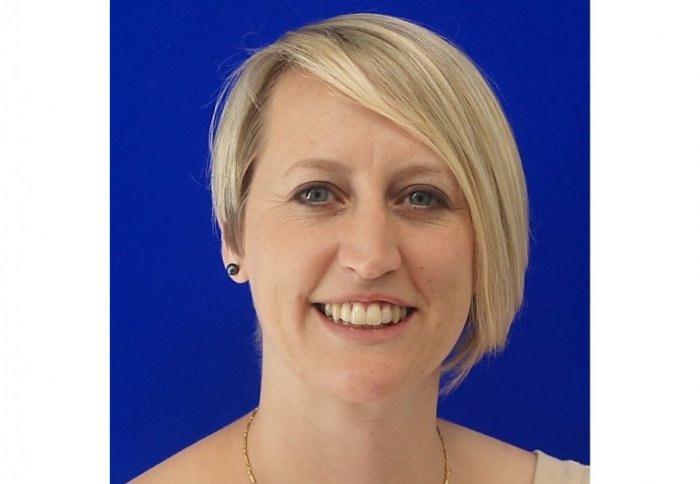Plastic medical implants to be developed by Imperial researchers thanks to grant

Dr Rylie Green
New types of plastic-based medical implants that are less likely to be rejected by the body will be developed at Imperial, thanks to new funding.
Dr Rylie Green from Imperial College London will receive £1,053,480 from the Engineering and Physical Sciences Research Council (EPSRC) to develop the next generation of plastic-based medical implants.
The current drawback with conventional medical implants is that they can trigger inflammatory responses that are difficult to control, which can lead to rejection.
However, there is growing evidence that the body is less likely to reject implants made from plastic.
Dr Green from Imperial’s Department of Bioengineering will use EPSRC’s funds to explore new types of plastics that are combined with natural body proteins. These will form implants that encourage interaction with surrounding nerves to prevent rejection.
She said: “The funding will be an important step for both my research and the future of plastic-based medical implants. This research could help to improve the quality of implants so that they are not rejected by the body so easily. Ultimately, this could lead to improvements in cochlear implants or new types of bionic eye implants.”
Dr Green will bring together concepts from tissue engineering, plastic design and bionic device technology to create soft and flexible plastic bioelectronics that are more compatible at the cellular level with the body, which will prevent rejection and minimise the formation of scar tissue.
Government regulations around use of these implants are complex, which adds to the cost of their development.
The team will also use funds from the project to demonstrate the safety of these new types of implants and the potential benefit to patients. To do so, they will try to improve the public’s perception and understanding of these technologies by leading public outreach activities and interacting with industry partners.
Dr Green added: “These activities will be key to moving plastic-based medical implants towards use in humans and creating high resolution implants that improve patient quality of life.”
Article supporters
Article text (excluding photos or graphics) © Imperial College London.
Photos and graphics subject to third party copyright used with permission or © Imperial College London.
Reporter
Caroline Brogan
Communications Division